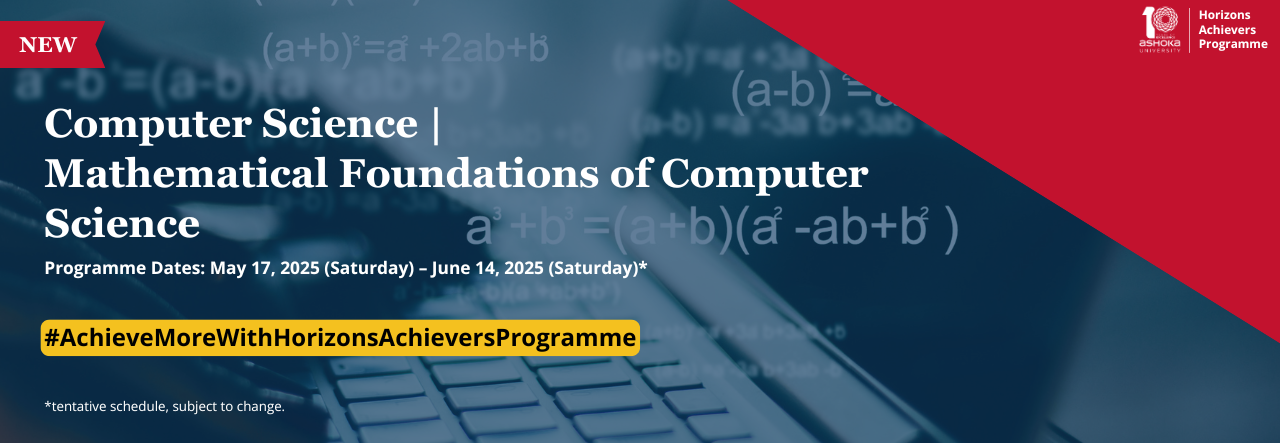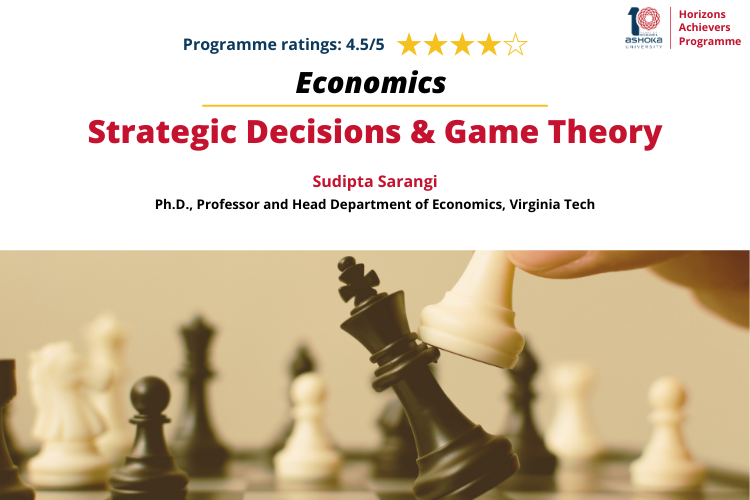It is Casino Royale: MI6 has sent their top agent, James Bond, to face Le Chiffre, a private banker to terrorist organizations. In a high-stakes poker game, as Bond places significant bets, we are left to wonder: can he outmaneuver this criminal mastermind? What is the likelihood that he will win? How should he play to ensure that he wins?
While dramatized for cinema, this scenario prompts complex questions about probability and game theory. Beyond the cinematic tension lie rich mathematical concepts that govern not only poker strategy but also form the foundation of modern computer science and artificial intelligence.
In this hands-on course, we will take a deep dive into exactly these questions. Mathematical Foundations of Computer Science focuses on four core areas that form the bedrock of modern computational thinking and artificial intelligence: Probability Theory, Game Theory, Algorithmic Thinking, and Artificial Intelligence.
The course culminates in an exciting capstone project: developing an AI poker player. This project will synthesize all the course concepts, showcasing how probability theory informs decision-making under uncertainty, game theory guides strategic choices, algorithmic thinking optimizes performance and AI techniques bring it all together into a cohesive system.
You can choose between two tailored learning tracks based on your backgrounds and interests. If you have a programming background and have applied interest, you will engage in a hands-on coding project throughout the course, implementing the mathematical concepts and ultimately developing the AI poker player.* If you are a non-programmer and have theoretical interest, you will engage in problem-solving techniques, exploring open problems and using the AI poker project as a case study for understanding advanced applications of course concepts.
Curriculum is empty
Learning Outcomes 7

Aalok Thakkar
0.0
0 total
5
4
3
2
1






